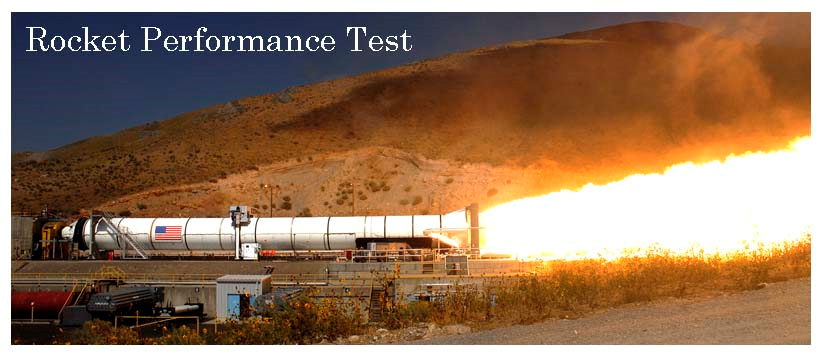How to deliver rapid technology change, with minimal disruption.
The world of software development has changed dramatically in the 21st century. While the consumer demands good performance in their interactions, there’s a competitive need to deliver more functionality to the business. This needs to be done faster, and has had a downward pressure on quality. The adoption of Agile and DevOps has accelerated the impact of these quality issues.
How does the problem arise?
In the traditional waterfall approach development process the performance testing phase was well defined and sat at the end of a lengthy cycle of various activities.
Unfortunately, as it was considered to only be possible at the end of development, it suffered when the project was behind schedule. With the choice between delaying project delivery and reducing the time available for performance testing, the easiest option was to not adjust the delivery dates. The performance testing window was always squeezed, as it sat at the final phase, and any performance defects discovered at this late stage were usually seen as ‘too late to remedy’, and so other mitigation was implemented, (usually installing unnecessary server capacity).
The move first to Agile, and now DevOps, has reduced the traditional performance testing window to almost zero. Many in the DevOps space prefer to test-in-live, releasing the code and relying on their automation processes to back out the code if it performs badly. (“Move fast and break things”) This has made traditional end-of-lifecycle performance testing very difficult, and in some circumstances, non-existent.
How can this problem be addressed?
So how can performance be assured in this new world order?
At Capacitas we work with customers to assure performance across the whole lifecycle; we call this performance engineering.
Explaining Why The Millennium Bridge Wobbled
Why engineering? When a building is constructed an architect designs it, and engineers build it. They don’t leave measuring the performance of individual components until they try assembling them. Can you imagine this working with a building or a bridge? The builders of the Millennium Bridge could tell you how that works out…
If you would like to learn more about our Modelling and Performance testing solutions, please click below, to see our latest webinar.



